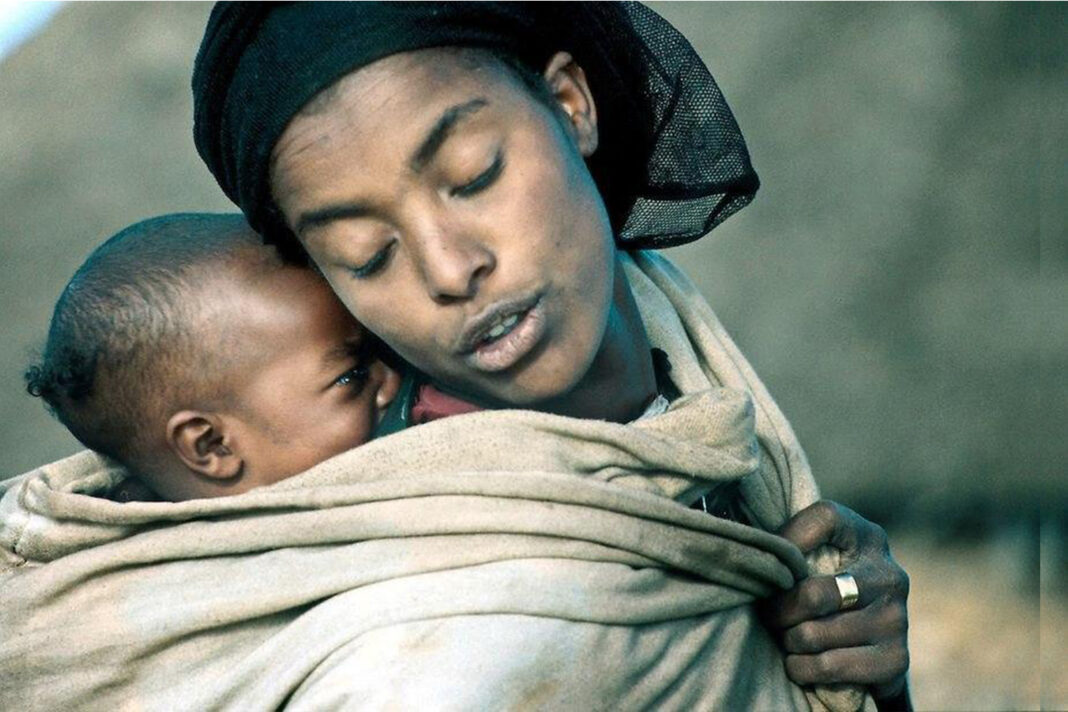By Josep Borrell
This summer has not been a restful one. From the explosion in the port of Beirut to the seizure of power by the army in Mali, the war in Libya, the tensions caused by Turkey in the Eastern Mediterranean, the presidential elections in Belarus, and the alleged poisoning of a Russian opposition leader, our neighbourhood has been constantly on the brink of conflagration. But what is the relationship between these events? At first glance, there is none. On closer inspection, however, they all bear witness to the emergence of powers intent on reviving memories of great empires of the past.
Over and above their specificities, Russia, China and Turkey share three common characteristics: they are sovereignist vis-à-vis the outside world and authoritarian within their own borders; they are intent on having their zones of influence recognised and are determined to shield them from all outside eyes; they want to change the rules of the global game because the distribution of power in the world today bears no relation to that of the era in which they arose. On this point, it must be acknowledged that they are not completely devoid of arguments.
Unlike the principle of sovereignty, which is based on the will of the people, sovereignism places its sole emphasis on the sovereignty of the State, which is a very different matter. Sovereignist States are thus increasingly opposed to respect for fundamental human rights. They seek to block all international support for civil societies that demand more freedom, as in Belarus, and they have no qualms about undermining the freedoms of their own citizens in defiance of their international commitments, as China has shown in Hong Kong and in Xinjiang. Sovereignists view international society as a collection of colliding billiard balls, while we Europeans see the world as a dynamic interplay of interdependent fluids regulated by norms.
After thirty years in which the European vision seemed to gain ground, the sovereignist vision is regaining the upper hand with these new empires. Moscow believes that it has a right of oversight in Belarus and intends to prevent Europeans from supporting protests by civil society against the rigged presidential elections. Nobody has an interest in converting Belarus into another Ukraine. Moreover, this conflict is not between Europe and Russia, but between the people of Belarus and their leaders. The demonstrators contesting the election result are not waving European flags but rather the former flag of their country. And since there is a dispute, the best solution would be to ‘replay the match’ under OSCE supervision. In the meantime, it is not sufficient for us to merely express our concern. We must impose sanctions on those responsible if the EU is to act in accordance with its principles.
Turkey’s action in the Mediterranean area is of a different nature. It aims to have Ankara acknowledged as a major regional player which cannot be excluded either from the sharing of the proceeds from gas resources or from a political settlement in Libya, mirroring its past influence in the Mediterranean which its leaders seek to restore. It is obviously no coincidence that the first religious ceremony at Hagia Sophia, which has become a mosque again, coincided with the
anniversary of the Treaty of Lausanne in 1923, which marked the re-establishment of Turkish sovereignty after the humiliation of the Treaty of Sèvres. Turkey, Russia and China all appeal to history to advance their interests, even it entails imposing what they consider to be their rights in the face of international law.
We are not going to change geography and Turkey will continue to be an important partner on a number of issues. This should enable us to emerge from a dynamic of dangerous confrontation with this great neighbour. But is that what Turkey wants? Certain European countries have also been empires. Thankfully, they have stepped back from the imperial temptation by creating Europe. But to be able to negotiate and settle peacefully our conflicts with these new empires, which are built on values that we do not share, we also need to learn what I have called the language of power.
This is the price to be paid to give birth to a geopolitical Europe.
Josep Borrell is EU’s High Representative for Foreign Affairs and Security Policy






